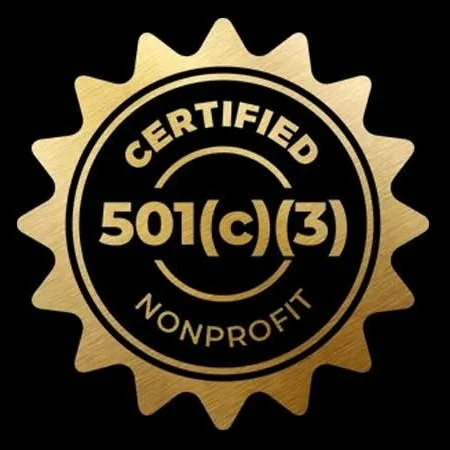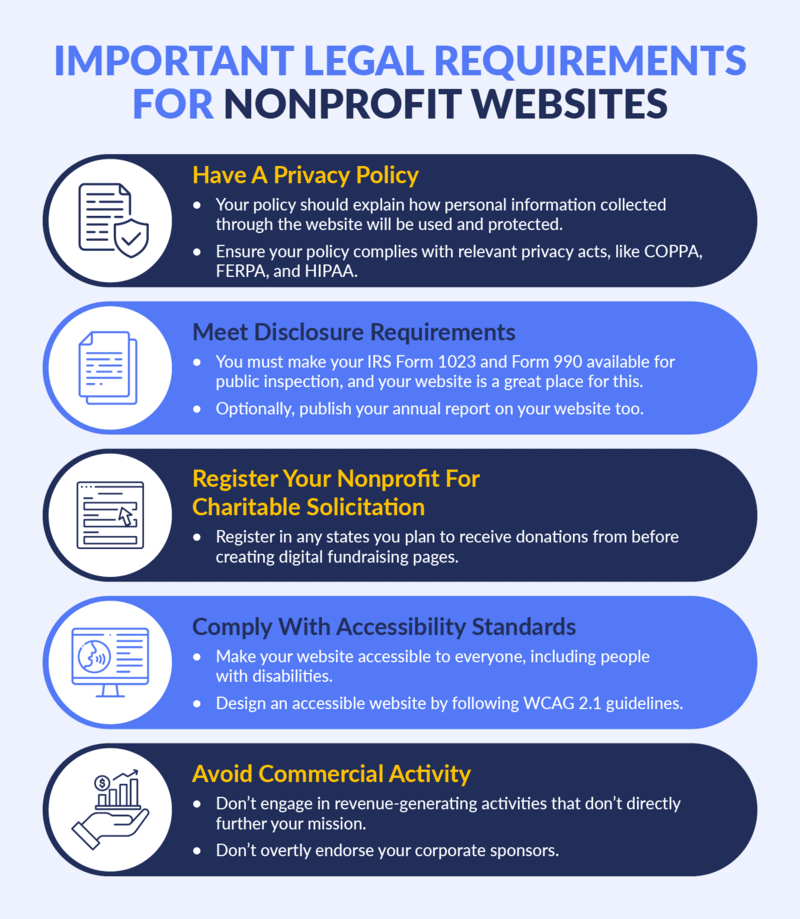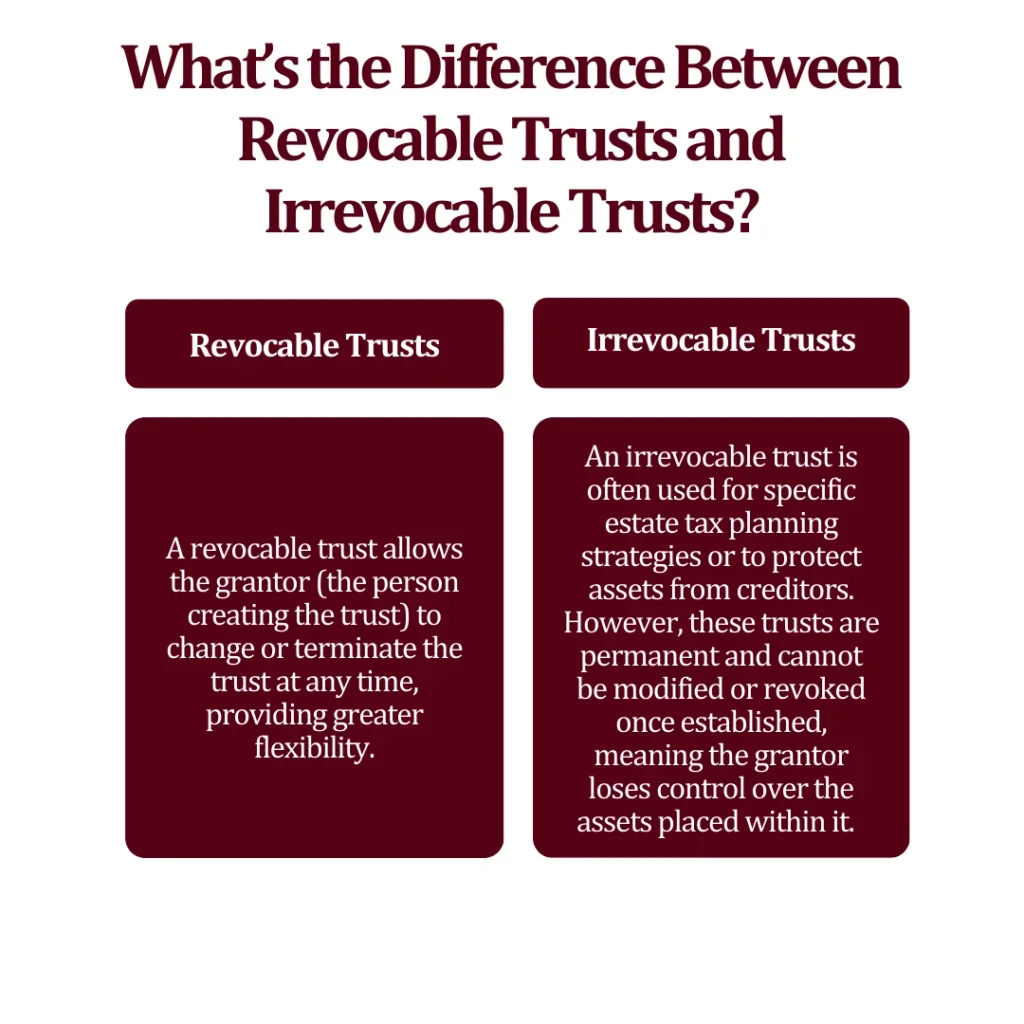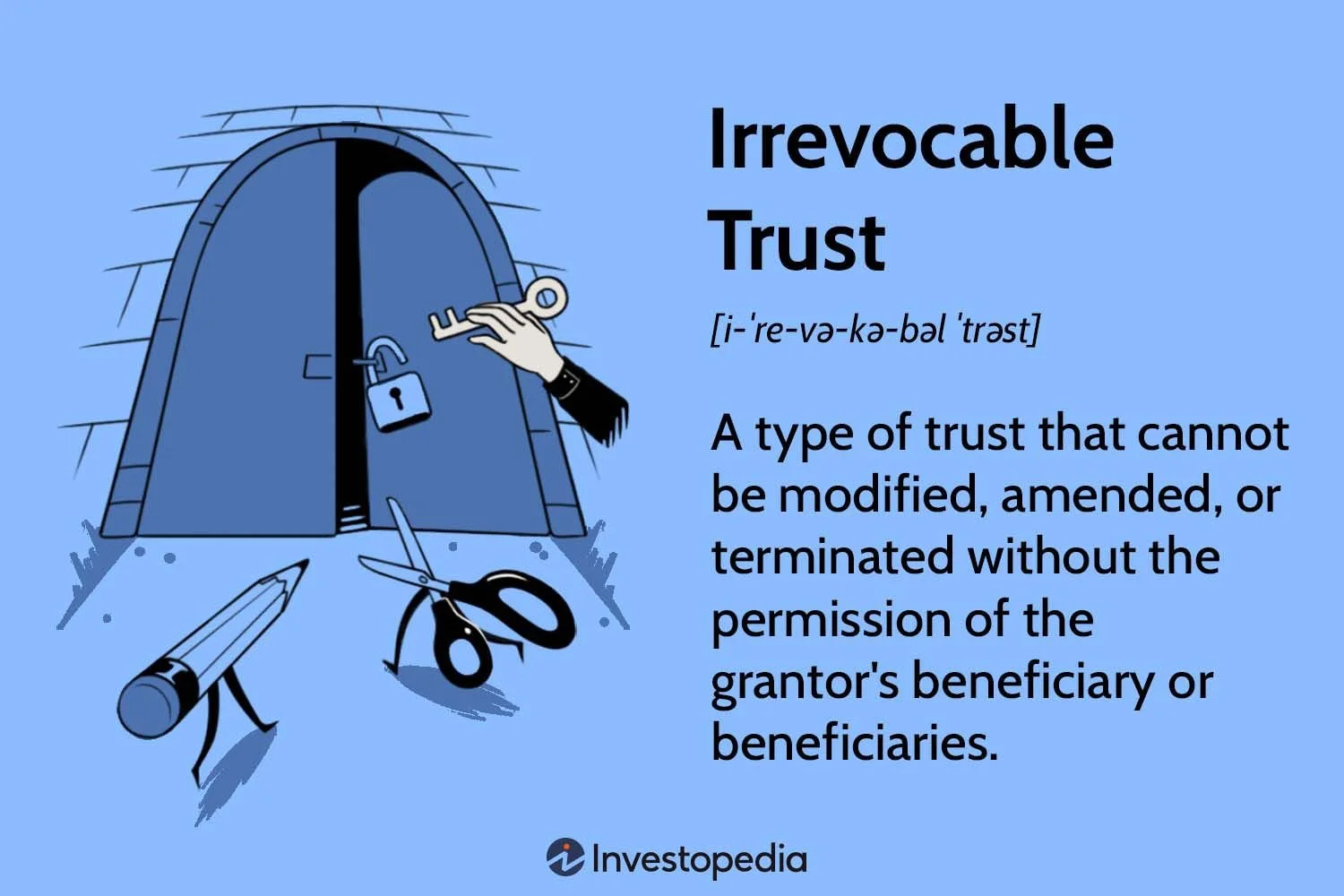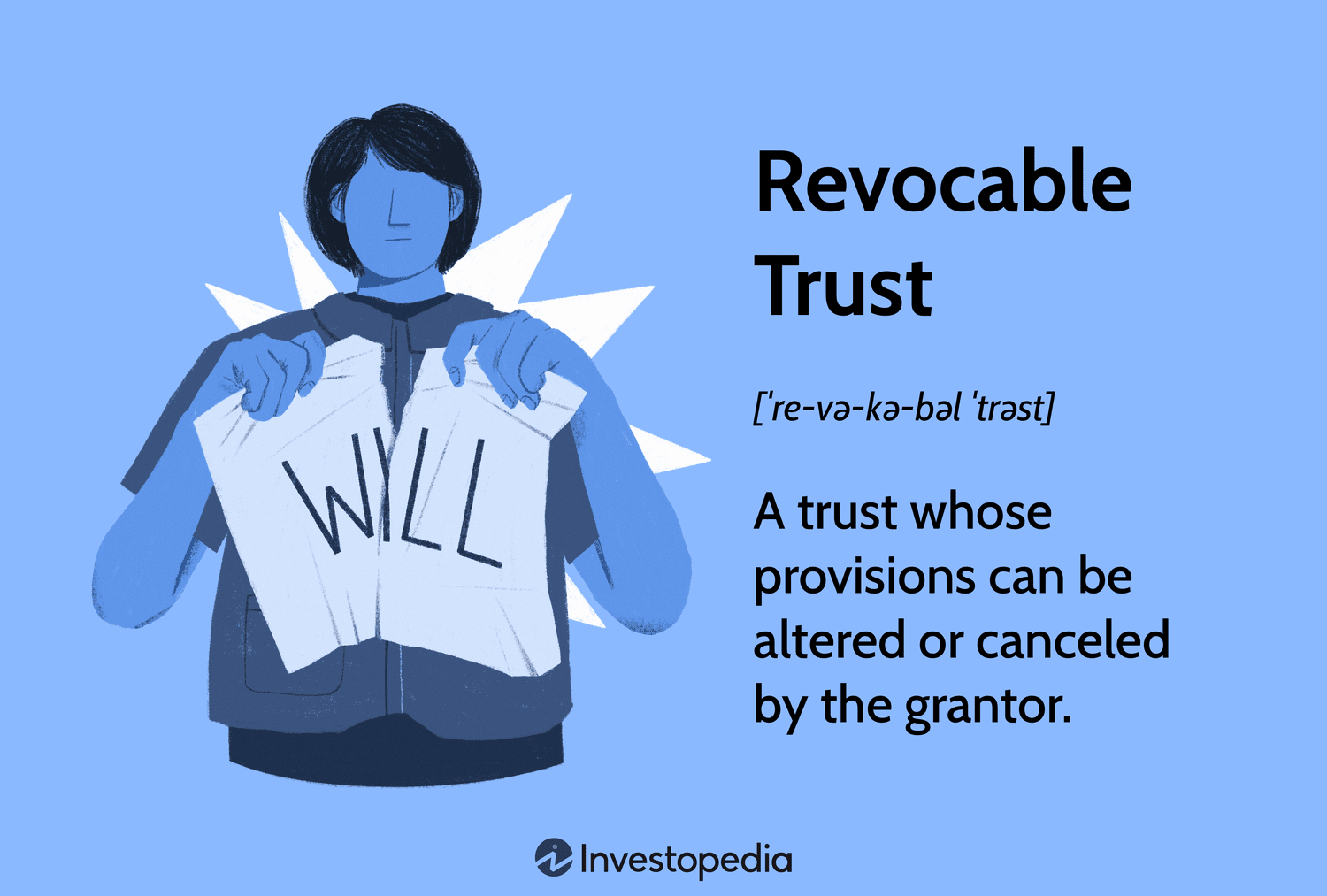Please note as we do not have any hidden fees or service costs with any of our services that there is an additional cost of $275 for filing the forms with the IRS post filing. Instructions of course are provided. Please note this is not a cost that we set, rather one that is set by the IRS.
Advantages of Establishing a Foundation
Foundations offer a range of unique benefits as a flexible and powerful vehicle for charitable giving:
Manage Charitable Initiatives: Operate charitable programs without the need to establish a separate nonprofit organization.
Maintain Control: Retain complete legal authority over foundation governance, assets, and expenditure.
Direct Grants: Make tax-deductible contributions directly to individuals in need.
Family Employment: Employ family members and reimburse expenses related to foundation activities.
Tax Deductions: Receive current-year tax deductions while having the flexibility to give when it suits you.
Legacy Creation: Establish a lasting legacy that associates your family name with philanthropic efforts.
Value Transmission: Instill values and skills in younger generations.
A business trust can donate up to 100% of its profits to a foundation without reporting any profits. Private foundations are typically funded by an individual, family, or business. You don’t need immense wealth to start one; over 91,000 private foundations exist, most with assets under $1 million (according to IRS data).
Characteristics of Private Foundations
Private foundations are:
Independent legal entities
Established solely for charitable, educational, religious, scientific, or literary purposes
Funded and controlled by a single individual, family, or business, without relying on public fundraising
Donations to the foundation are tax-deductible. However, foundations must distribute at least 5% of their average net assets from the previous year for qualifying distributions, which can include charitable donations and certain administrative costs.
Funding and Investment Possibilities
Private foundations can be funded by individuals, families, or businesses and can hold a diverse range of assets. Unlike other charitable vehicles, which often liquidate non-publicly traded assets, private foundations can retain various forms of assets, including:
Real estate
Cash and publicly traded securities
Tangible assets (such as art, jewelry, and collectibles)
Intangible property (like copyrights, patents, and royalties)
Alternative investments, including private equity
Life insurance and annuities
If you have a Charitable Remainder Trust, you can typically designate your foundation as a beneficiary.
Giving Opportunities
Private foundations have significant flexibility in their activities as long as they align with their charitable mission. In addition to supporting public charities and nonprofits, a foundation can:
Establish scholarship and award programs and select recipients
Provide grants to individuals facing disaster relief or financial hardship
Offer loans that are to be repaid to the foundation
Fund for-profit companies, provided the funds are used for charitable purposes
Implement its own charitable initiatives, such as food drives or community services
Grant directly to international organizations
Foundation Types: 501(c)(3) vs. 508(c)(1)(a)
A 501(c)(3) foundation can obtain tax-exempt status upon registration, while a 508(c)(1)(a) foundation, although recognized as its own legal entity, typically cannot. Contributions to a 501(c)(3) are tax-deductible for donors, which may not always apply to a 508(c)(1)(a). A 501(c)(3) can donate to a 508(c)(1)(a), allowing donors to enjoy tax benefits while supporting the latter's operations.


